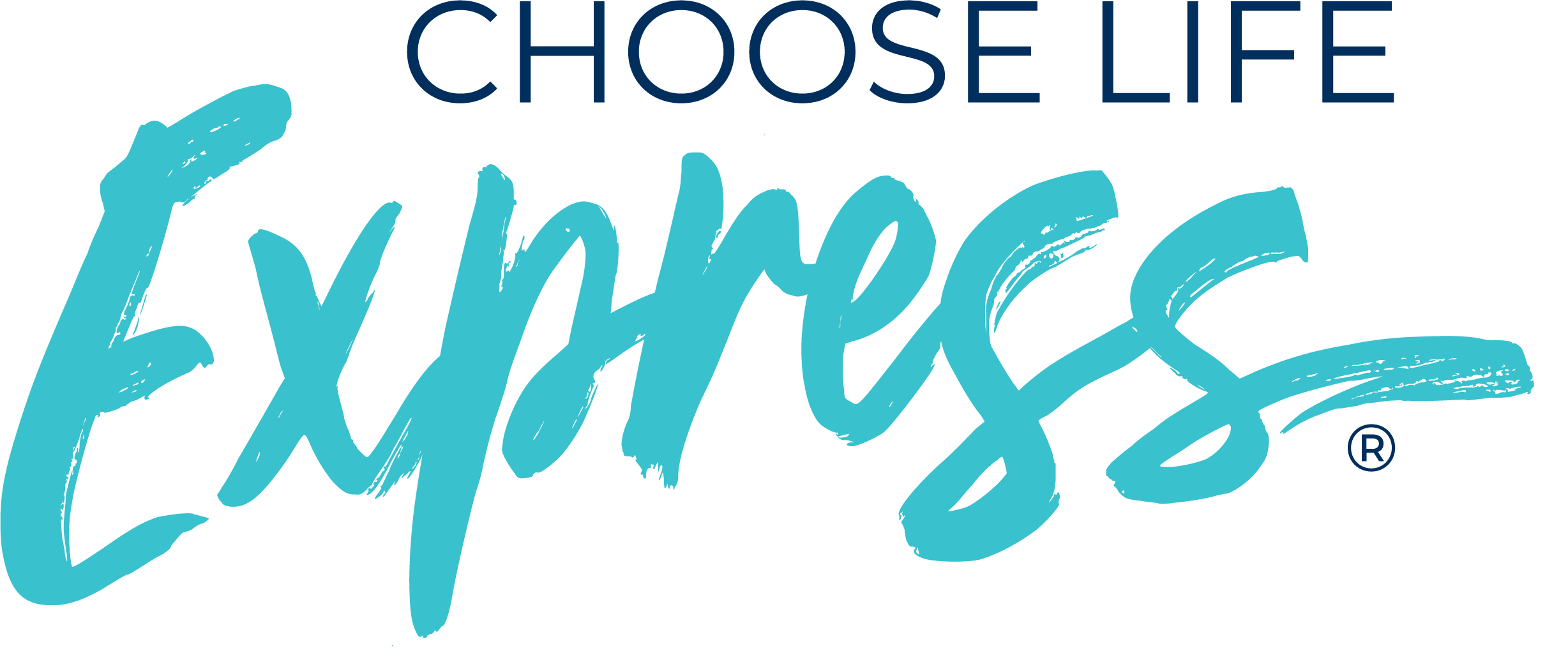We are living in unprecedented times. Pandemic aside, who would have thought our first amendment right to free speech would be challenged in 2021? Let’s discuss everything you need to know about the current state of internet ads and censorship.
Despite our constitutional rights, Big Tech has become powerful with 63% of U.S. citizens over the age of 12 owning a Facebook account and Google owning 86.86% of search engine market share. Big Tech has section 230 protection under the Communications Decency Act, meaning they have immunity from civil liabilities if they participate in private blocking and screening of offensive materials. As we see happening in our culture, there is an agenda behind what is considered “offensive” and anything counter to the Big Tech agenda could be restricted or blocked.
Twitter’s CEO Jack Dorsey and Facebook’s CEO Mark Zuckerberg were recently questioned at a Senate Hearing regarding their involvement in censorship around the election. While we do not know the exact details of how they make their decisions, we do know there are algorithms in place to comb through posts, comments, and accounts looking for anything violating their policies. Google also uses a powerful algorithm to rank pages in their search engines and results. They are extremely stringent about health-related topics and searches as they perceive these to be the highest risk to consumers. Pregnancy centers must follow their advertising guidelines, such as including a disclaimer about not providing abortion, when appearing in abortion-related searches.
It may be obvious you are being censored on social media: comments and posts disappear, you can no longer comment, or your account is banned or restricted. It could also be unapparent on the surface, such as web page traffic or engagement falling for no apparent reason. But, before you try to pull the plug on your social media and switch from Google to Duck Duck Go, know Big Tech is still a vital communication tool, necessary for reaching abortion-minded women and donors. In order to stay a part of the conversation, pregnancy centers cannot afford to quit Big Tech, so it’s important to resist the urge and instead adapt and create a backup plan just in case.
Playing by the Rules
As much as we would like to protest Big Tech’s threat to our first amendment rights, it is in our best interest to play by the rules. Each social media provider has “Community Guidelines” you agree to when joining their platform. Following these to the best of your abilities will help keep your pregnancy center’s page and advertisements up and running to continue your vital communication.
Ensuring Accurate Medical Details and Reputable Sources
When discussing any medical-related topics—especially abortion procedures—ensure your details are accurate and worded carefully to follow language from reputable sources. Use the same side effects and health risks they use, and avoid terms they deem controversial (like “baby”) and instead use fetus. Additionally, be careful not to make claims not universally recognized. While we know the science behind things like abortion pill reversal and the ties to abortion and breast cancer is valid, because it is not universally recognized as valid, we need to use caution when addressing these topics.
We recommend using Mayo Clinic and government agencies such as the FDA and information from the Department of Health and Human Services. Include links to your sources in your blogs or on your web pages. This will help boost your credibility and prevent being flagged for inaccurate information by Google.
Be Vague When Necessary
This one is challenging because you know the truth of emotional impact of an abortion. Many pregnancy centers offer post-abortion counseling and support and have witnessed the trauma and grief experienced by a post-abortive woman or man. However, because the Planned Parenthood research arm, Guttmacher, have published content to say research has “found no evidence that having an abortion is itself responsible for later mental health problems” this is accepted generally as valid science and truth. As a result of this controversy, pregnancy centers must be careful and somewhat vague.
Any surgical procedure can have a chance of side effects, including emotional. By wording this in a vague way — it’s possible to advertise post-abortion care on your website without any problems. The times we are living in make us do verbal gymnastics, but we have to do what we can to keep pregnancy center websites available to women in need.
Facebook Advertising and Boosted Posts
Facebook reviews every advertisement on its platform to ensure it follows their guidelines. We have noticed they have become increasingly picky about boosted posts and ads, especially around the election. While they have a long guide regarding all their restrictions and rules, here are a few pregnancy center-related guidelines to consider before trying to promote content.
- Pregnancy Centers are categorized under “social issues” by Facebook. This means your center needs to have an advertising disclaimer. This will appear at the top of your promoted posts to include information about your center. Facebook will need to review and approve this. We have written many of these and can help.
- Facebook’s ad policies state, “ads must not contain content that asserts or implies personal attributes.” Images and text in ads should never include personal pronouns such as “you” or “your.” You cannot ask, “Are you pregnant?” or begin with
“Your pregnancy.” Pregnancy is considered a medical condition like diabetes, and needs to be addressed with impersonal language to be advertised. This same principle also applies to religion, voting status, race, sexual orientation, and etcetera. - If your ad is rejected, be sure to investigate the “why” using Facebook’s guidelines. It can be frustrating because they do not
explicitly tell you their reasons for rejection. It could be you don’t have a disclaimer, but it also could be you violated a guideline without knowing it. Dig in, and if you can’t identify the issue, inquire with Facebook. You don’t want to keep trying to push a rejected ad through or you will risk ad account suspension.If this proves to be an ongoing challenge, consider boosting engaging posts unrelated to pregnancy for your targeted demographic—such as inspirational quotes or empowering messages for women. These expand your audience and are more likely to pass inspection. And reach out to Choose Life Marketing team if you would like additional support running ads about your services.
Have a Backup Plan
With the rise of a new administration, there is a chance censorship may get worse. Have you thought of a plan if things went as far your services impacted or shut down? Here are a few actions you can take to ensure you can keep communication going with your donors and clients.
Collect Email Addresses and Store Safely
Begin building your email address database by asking donors and clients to join your mailing list. If communications are ever shut off by a web service provider or other tech provider, you must be prepared to have a backup form of communication. We recommend using a Customer Relationship Management (CRM) system – a database software for donors and clients – to collect and manage all contact information. Be sure to export these addresses frequently as a file. You need to have these stored somewhere safe, so you can access it no matter what. We recommend saving your email list to a flash drive or hard drive, not solely a Google drive or another online cloud service provider.
Make sure to research the CRM system or donor database software you are using. MailChimp said it would start deleting “misleading” content last fall. Steer clear of censorship-friendly systems to reduce your risk.
Collect Phone Numbers for Mass Texting
In addition to collecting email addresses, you can also collect phone numbers from your clients and donors to send out mass texts. This is another way to keep sharing announcements and important information with them. This information can be collected at the same time as you collect email addresses. Be sure to download and save these in an alternate location as well.
Diversify Your Marketing Strategy From the Start
If your pregnancy center only has one or a couple digital marketing tactics in place, consider adding a few more. We highly recommend Search Engine Optimization (SEO) to make sure your website appears high on the page in search results. While Google does pose some censorship problems, this mainly applies to advertisements. You can still boost your website’s page rank organically by including commonly searched keywords on your pages, frequently publishing new content, including links to reputable sources, and including a mix of imagery, text, and video. Also, try to have a presence on more than one social media platform, and build a following there, just in case.
Be Willing to Pivot and Move Down the Big Tech Food Chain
If you ever run into issues with a particular platform, you can always try another. Facebook, Google, and Twitter may dominate the flow of information, but that doesn’t mean you can’t try Google Ads, Snapchat or Spotify. There are always workarounds available and different avenues to try. What we don’t suggest right now is moving away from the abortion-minded crowd and trying a new platform like MeWe or Parler for your pregnancy center. Yes, by all means use them for personal purposes, but to communicate with the target audience, your center must meet them where they are.
A Personal Choice to Leave Facebook
If like many of us, you feel uncomfortable with the rise of censorship on Facebook and want to leave, there are a few things you must know. Facebook requires a personal Facebook account be tied to your pregnancy center’s page for it to exist. Plus, you must have an account to be able to answer client questions and comments.
You have two options you can take if you want to leave:
- Create a new personal account under a different email address. Only input the necessary information to make an account, and maximize your privacy settings. Add your new account as an admin to your page. Once finished, delete your current account.
- Clean up your current Facebook account, save any pictures you want to keep to your computer, and maximize your privacy settings. Log in only to manage your page.
God is in control
The future is uncertain and it’s easy to worry, but always remember Jesus’ words in John 16, “In this world you will have trouble. But take heart! I have overcome the world.” Jesus already overcame the world, and we can find peace and rest in this truth. No matter what happens on the road ahead, keep your eyes on Jesus and the plans He has for your life and ministry.
We hope this guide helped you understand how to adapt and prepare your pregnancy center for Big Tech censorship. For more information on navigating censorship to effectively reach donors and abortion-minded women, please contact us today. We can help with everything you need to refine your marketing strategy and better prepare for the future.
Give us a call at 573-445-9295, email us at info@chooselifemarketing.com, or visit our website at www.chooselifemarketing.com to learn more about our marketing services for your pregnancy center.







